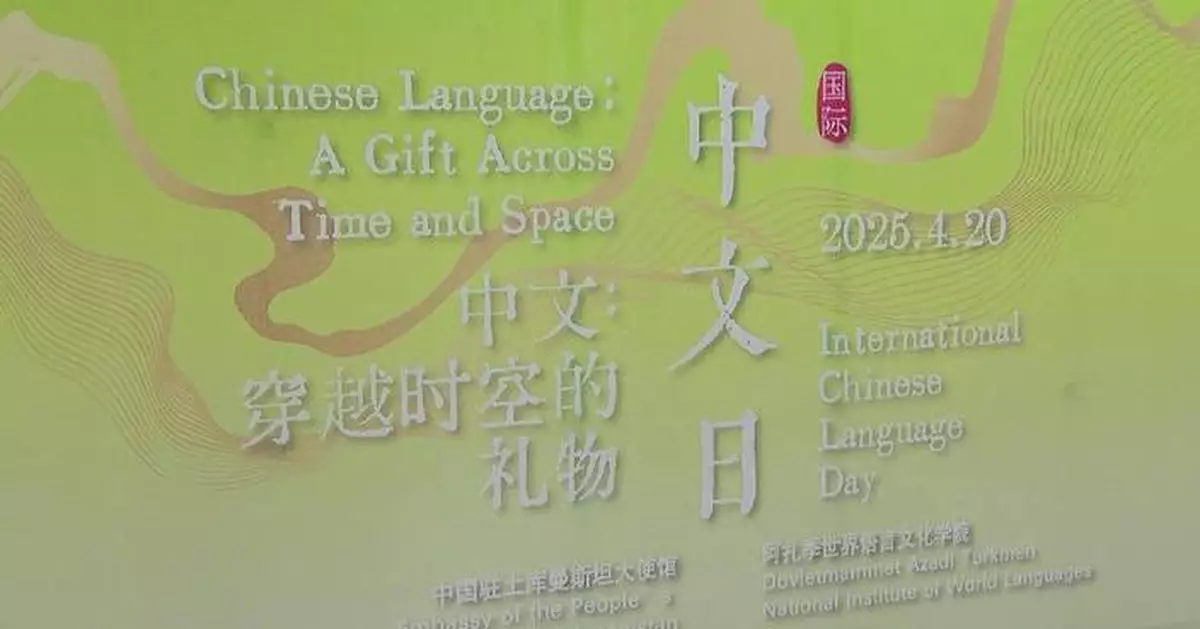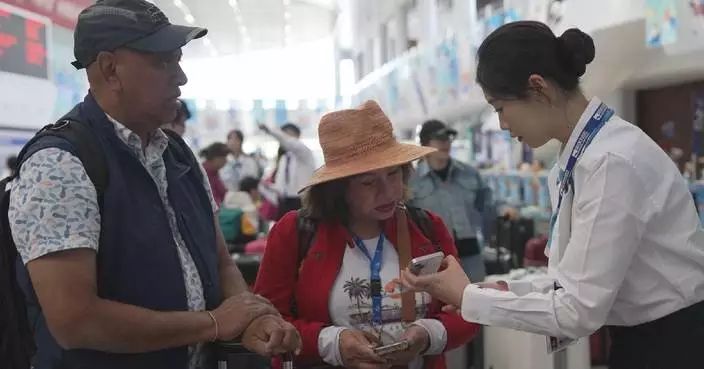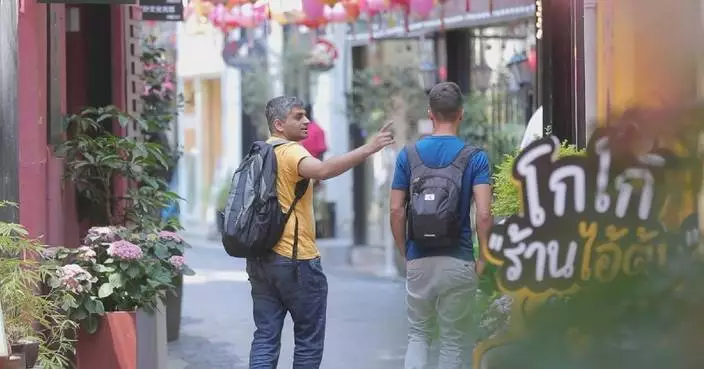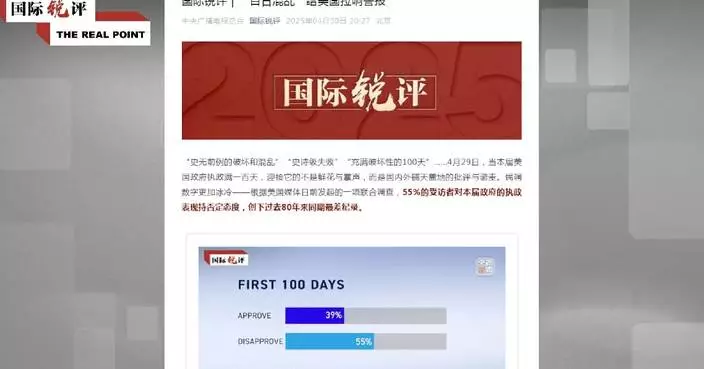International Chinese Language Day has sparked vibrant celebrations around the globe, showcasing the global resonance of linguistic diversity and cultural inclusivity.
Marking its 2010 establishment, the day coincided with Grain Rain, one of the 24 solar terms in the Chinese calendar, and emphasized equal recognition of the United Nations' six official languages: Arabic, Chinese, English, French, Russian, and Spanish.
In honor of the day, the Confucius Institute at Prince Sultan University, a premier private institution in Riyadh, Saudi Arabia, organized vibrant celebrations on Saturday. The event showcased Chinese culture through activities such as calligraphy and embroidery workshops, alongside displays of intangible cultural heritage handicrafts, attracting local enthusiasts.
At the University of Zambia, the Confucius Institute also marked the occasion by hosting celebrations that welcomed members of the local Chinese community and participants eager to immerse themselves in Chinese traditions.
"It's quite a delicate art in which you learn on how to write the beautiful Chinese characters, also known as 'Han Zi' in Chinese," said Damian Mukumbuta, a Zambian student.
"Paper-cutting is one way of learning Chinese. You get to learn paper cutting in different ways, different styles, and it brings out different shapes which are really nice and attractive," said Godfridah Malama, a Zambian student.
Meanwhile, similar celebrations took place in Turkmenistan, adding to the worldwide enthusiasm for honoring Chinese language and culture.
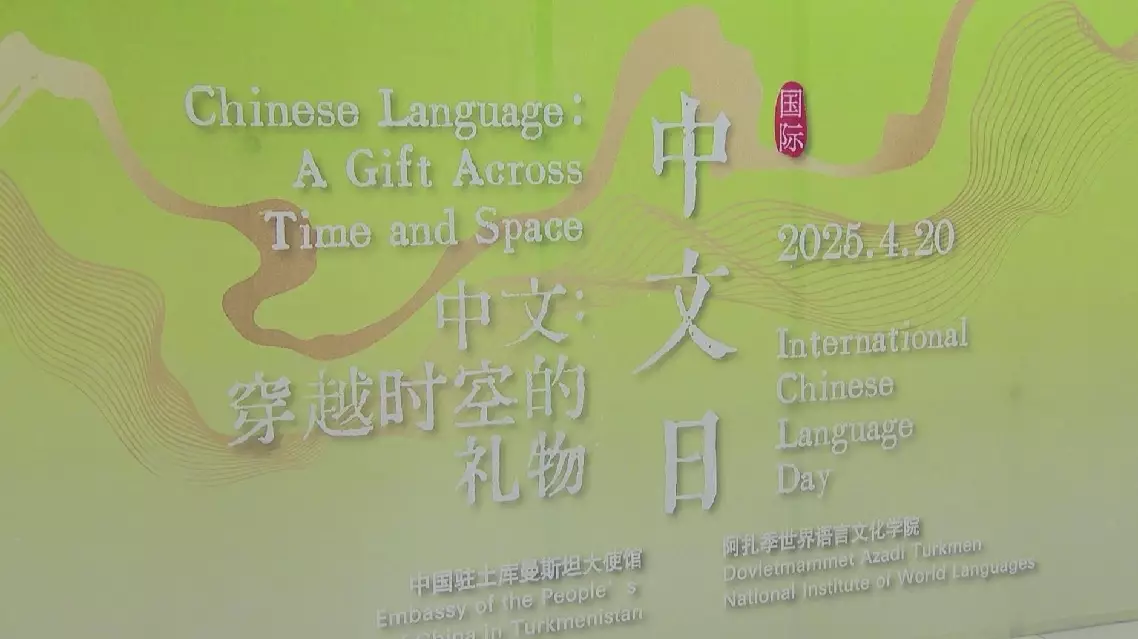
2025 Int'l Chinese Language Day celebrated globally, highlighting cultural diversity
Malaysia has extended its visa-free entry for Chinese citizens for another five years, a move that has already led to a sharp rise in tourist arrivals and reinforced economic and diplomatic ties with China.
The initiative follows China's decision to waive visa requirements for Malaysian travelers in late 2023, triggering a two-way tourism boom between the two countries.
Popular destinations like the Batu Caves near Kuala Lumpur are now filled with Chinese tourists taking advantage of the simplified entry process.
"The whole process is very simple. After arriving in Kuala Lumpur, we could use the self-service channel to tour Malaysia," said Nancy Niu, a Chinese tourist from Shandong.
For many, the ease of entry has changed travel plans.
"We'd originally planned to travel within China. But when we heard about the visa exemption, we decided to go to Malaysia. That made it very convenient. If you want to come during the May Day holiday, or National Day holiday, just for a few days, there's no need to apply for a visa, you can just come," said Louie Zhang, a Chinese visitor from Shenzhen.
Returning travelers are also noticing the difference.
"When I came to Malaysia before, there were too many steps. We had to queue in very long lines. Now, there's basically no queuing. It's very quick to clear immigration," said Wang Xiaofeng, a Chinese visitor from Sichuan.
Tourism operators are welcoming the policy extension as a long-term boost to the industry.
"This extension is very much welcome news because it has always been very good for the industry, looking towards China as one of its main source markets. This is going to mean that we're going to have a lot more time to plan, to really understand the Chinese market and to perhaps even cater to the new, upcoming trends that the Chinese tourists are looking for," said Nigel Wong, president of the Malaysian Association of Tour and Travel Agents.
So far in 2025, the number of Chinese tourists visiting Malaysia has risen by around 30 percent compared to the same period last year, according to Wang.
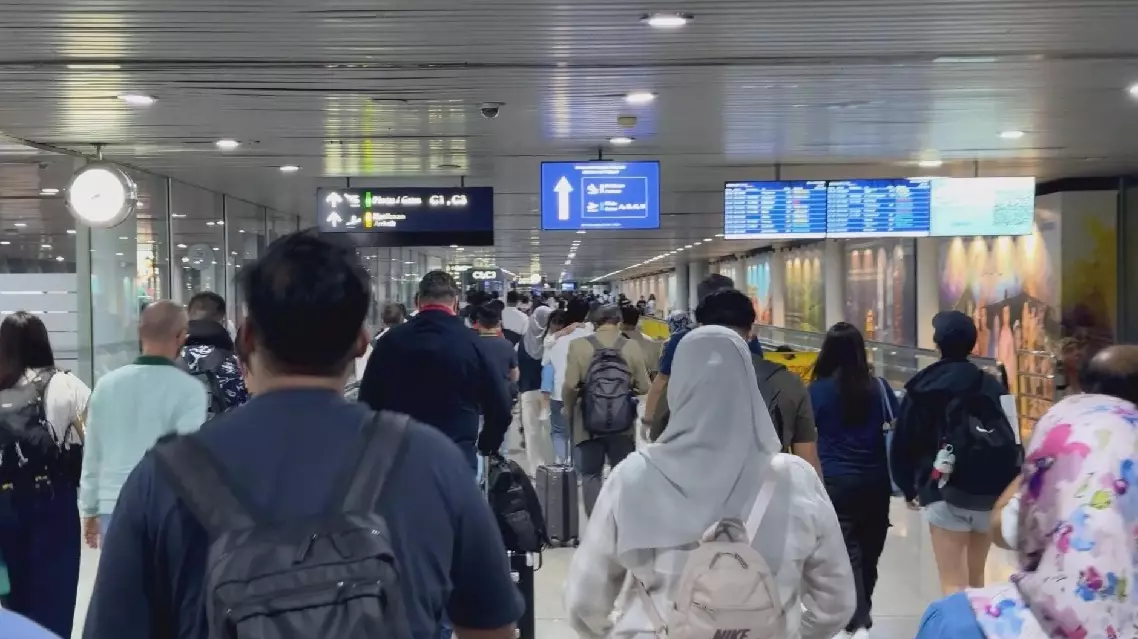
Chinese tourist arrivals soar as Malaysia extends visa waiver



